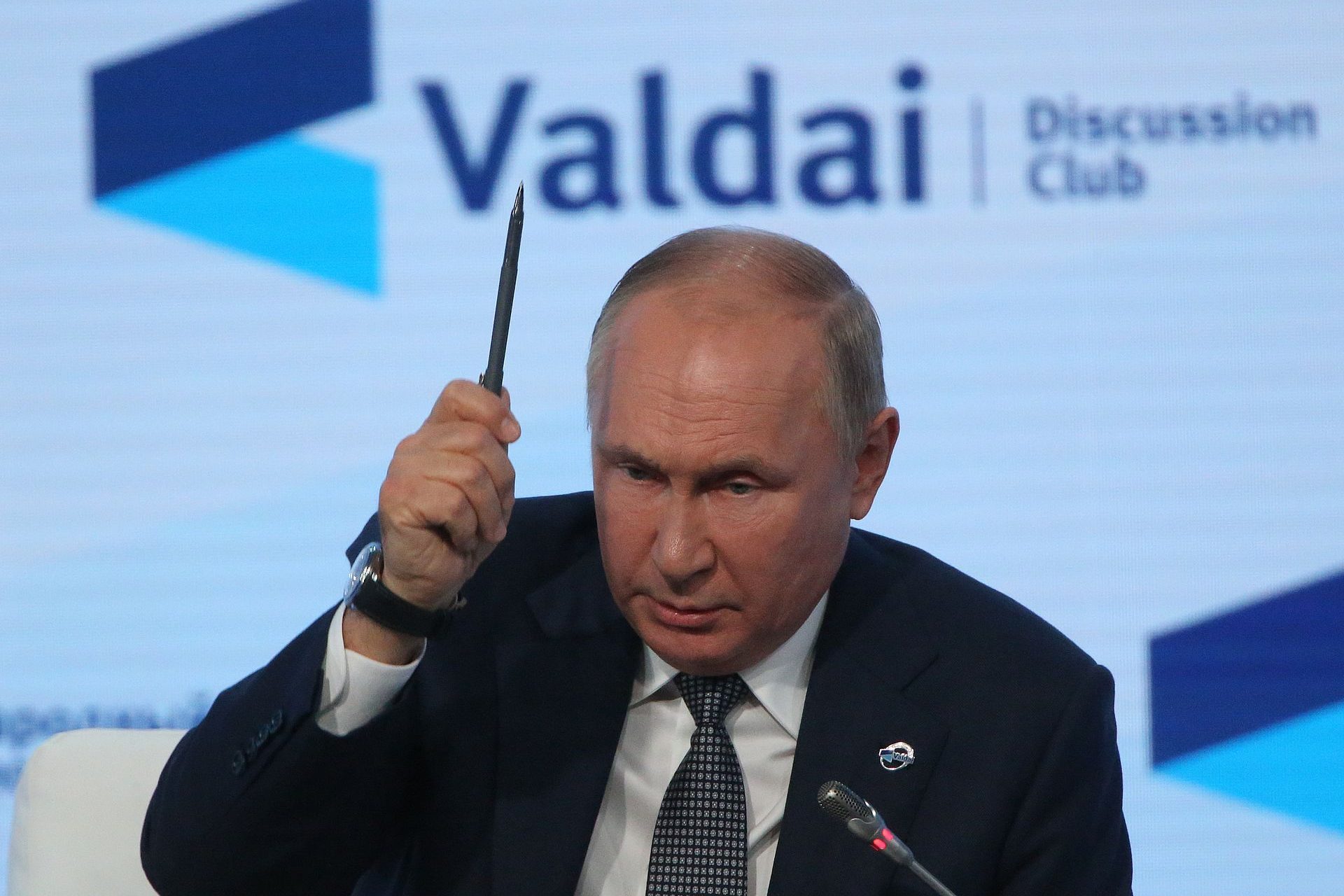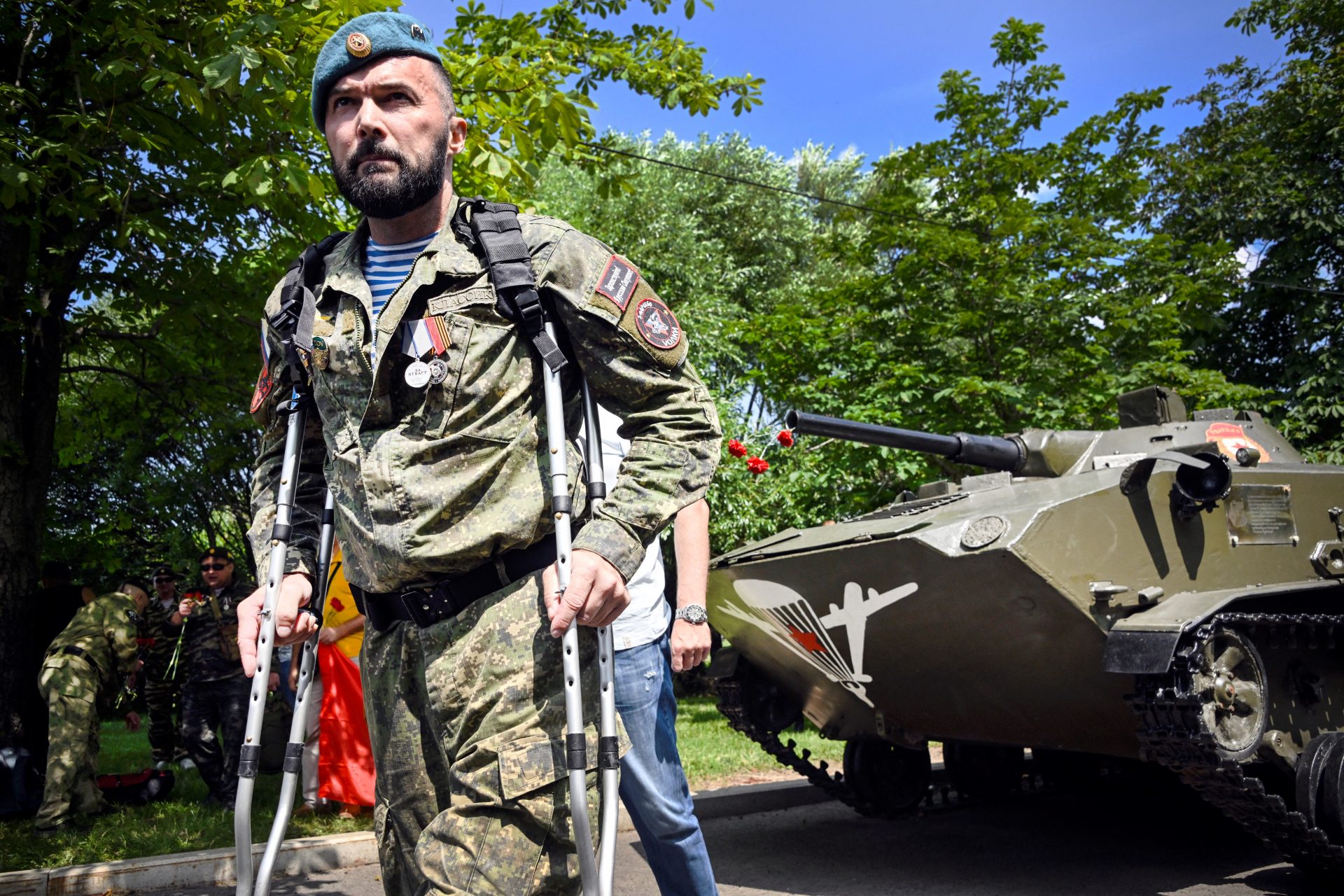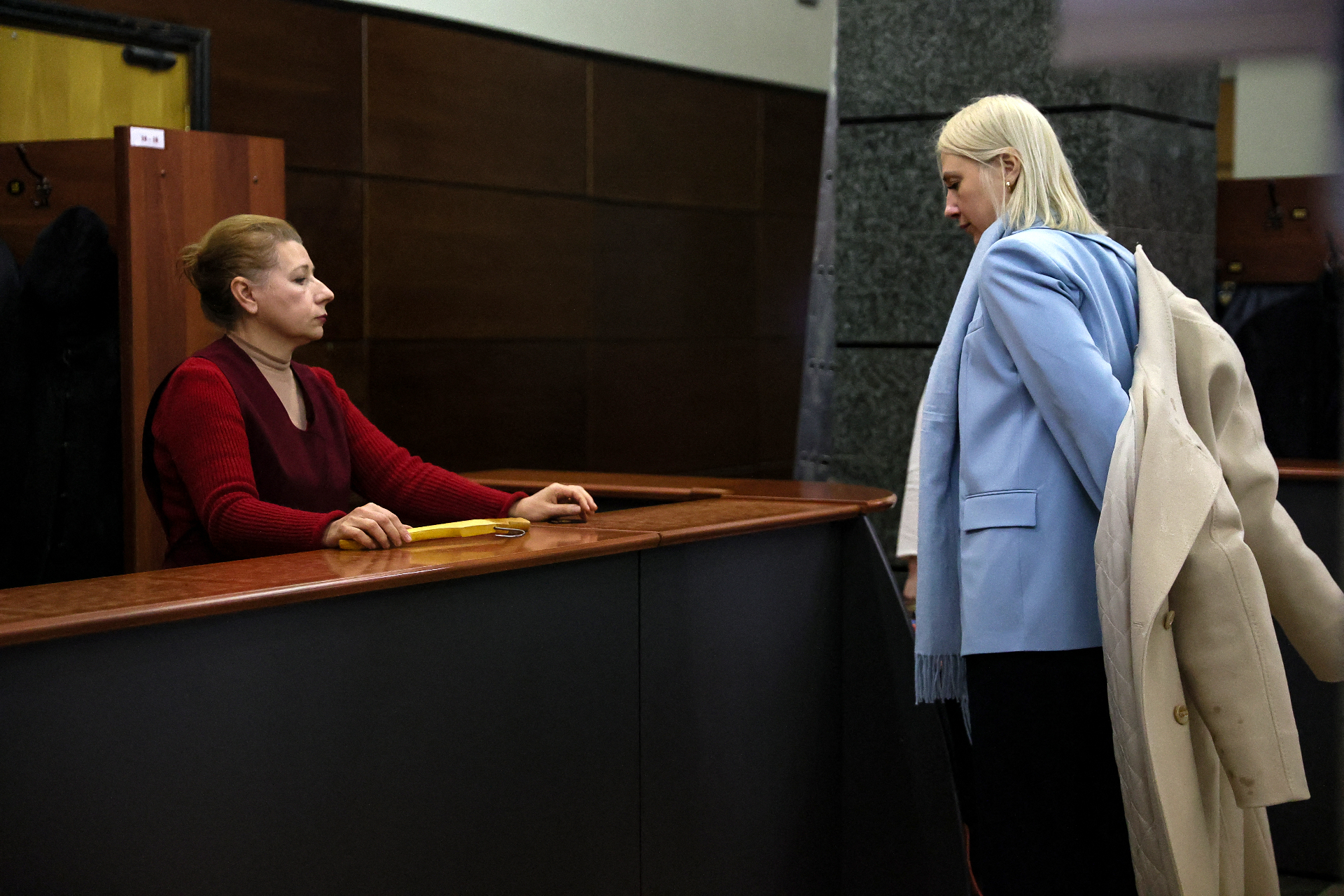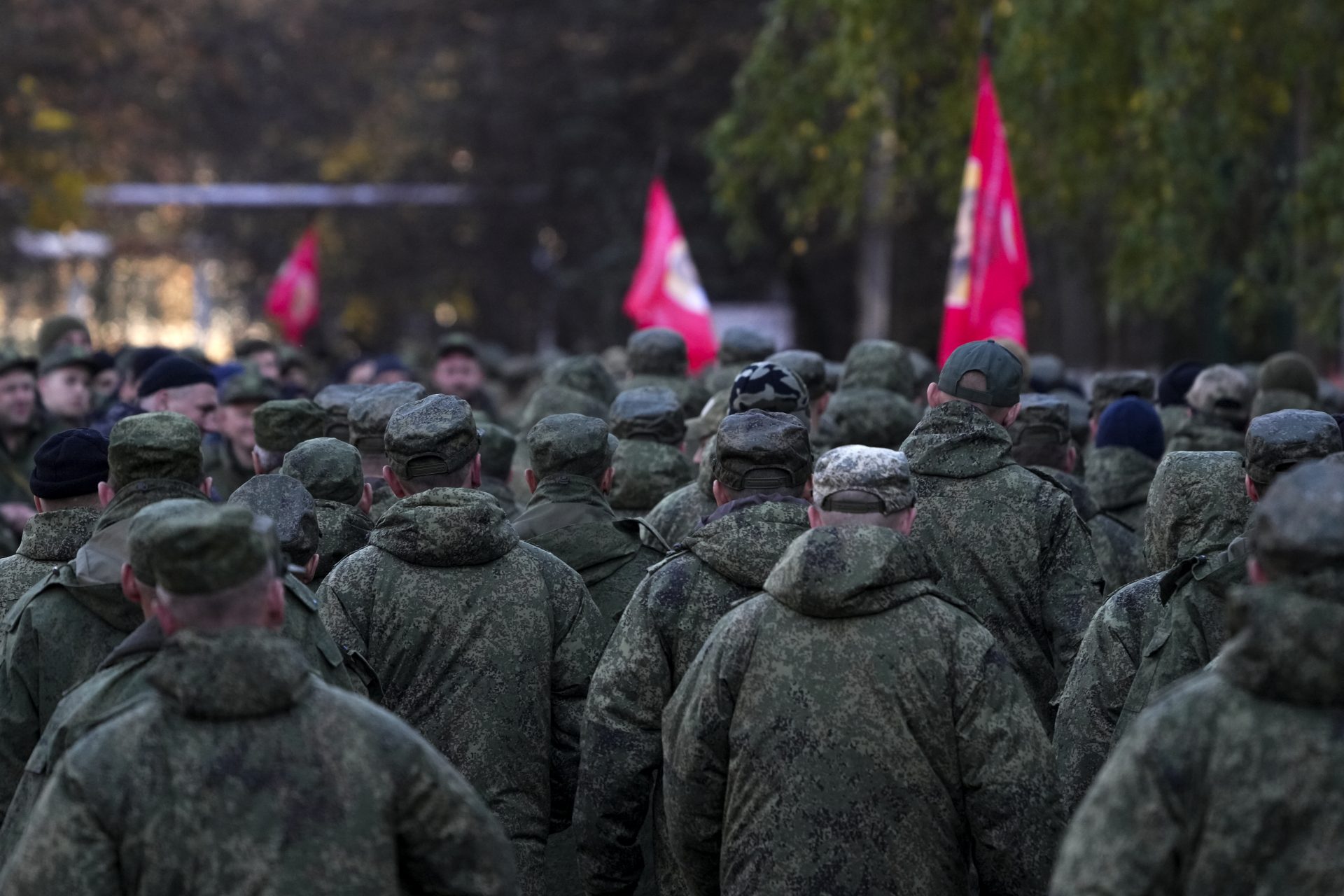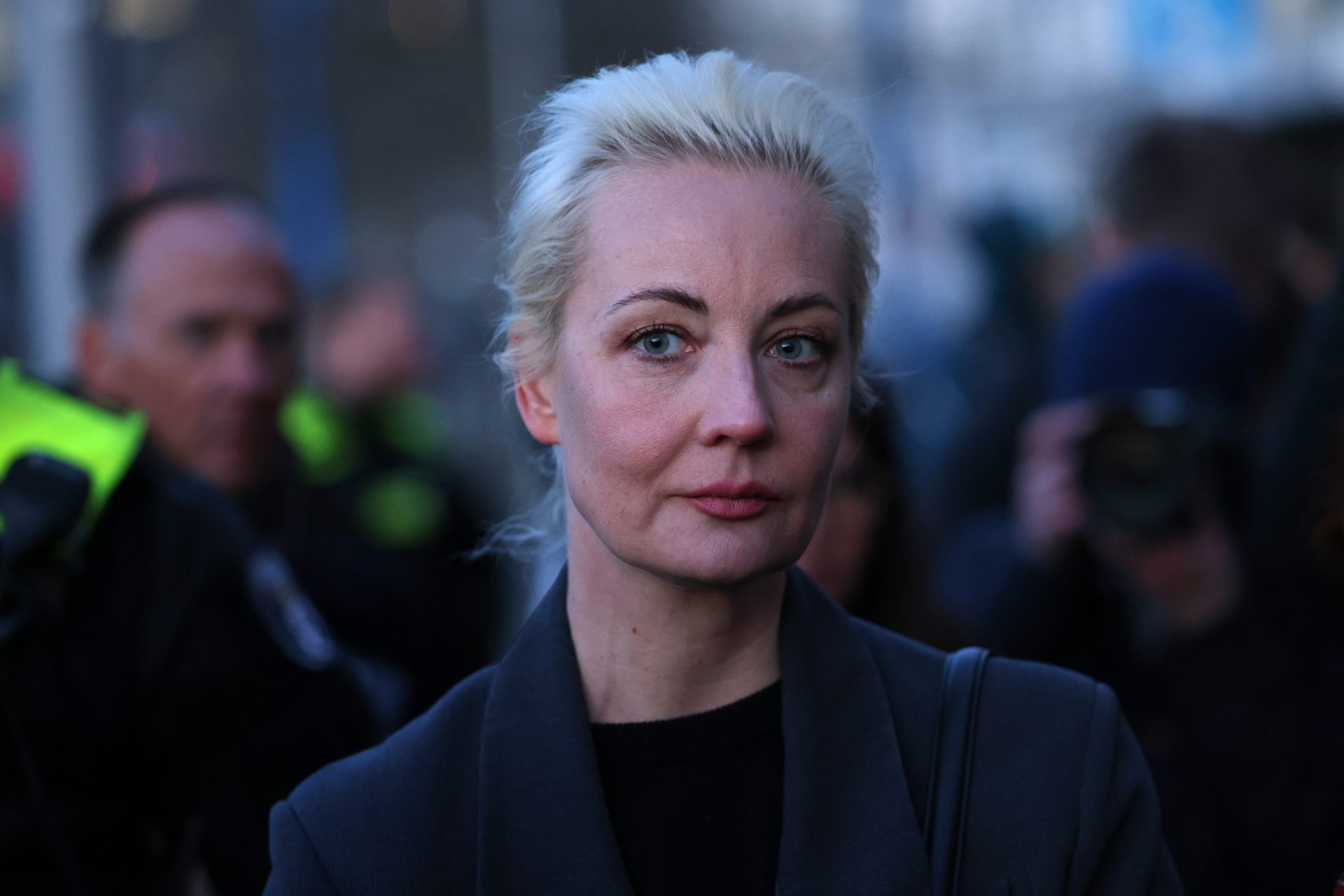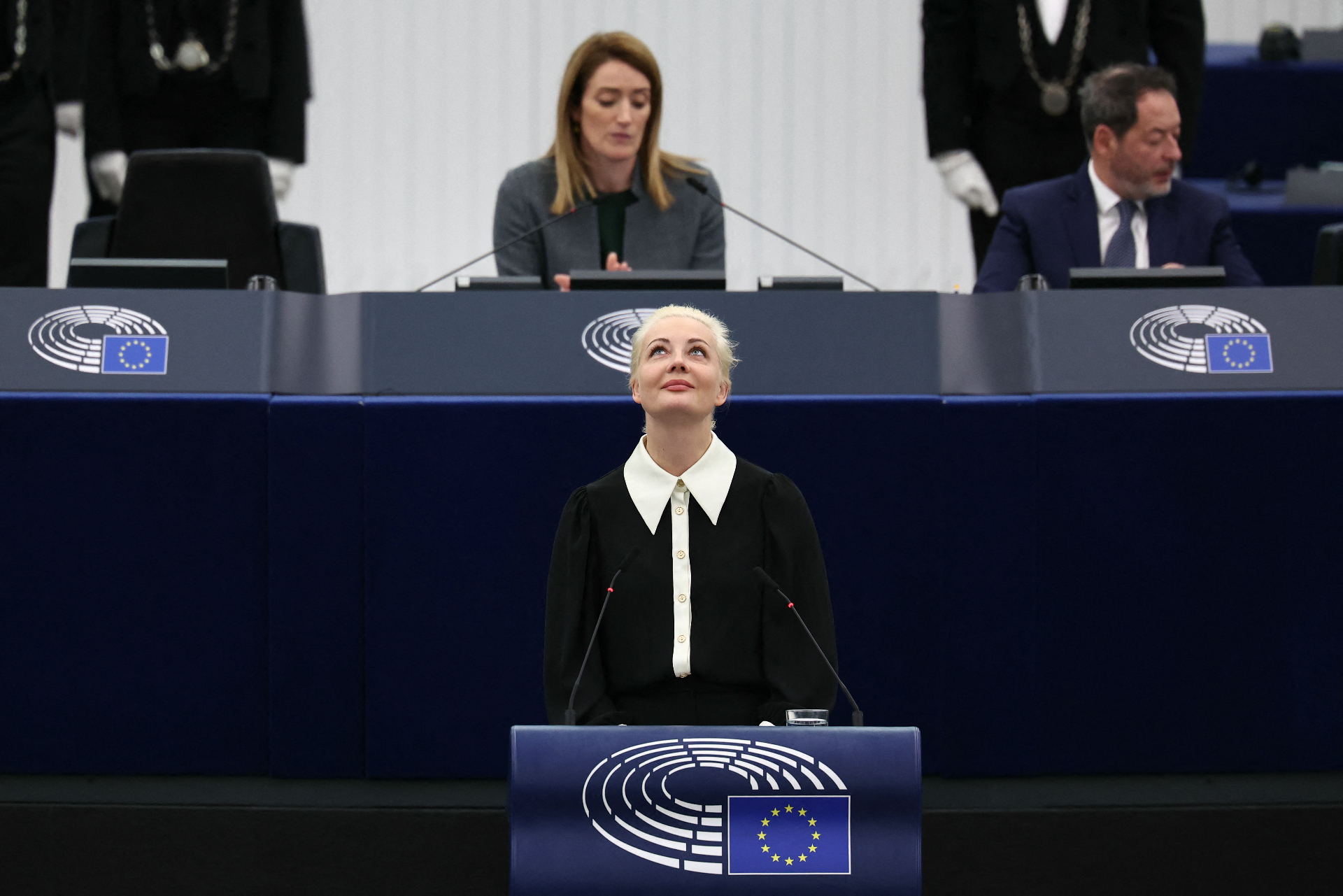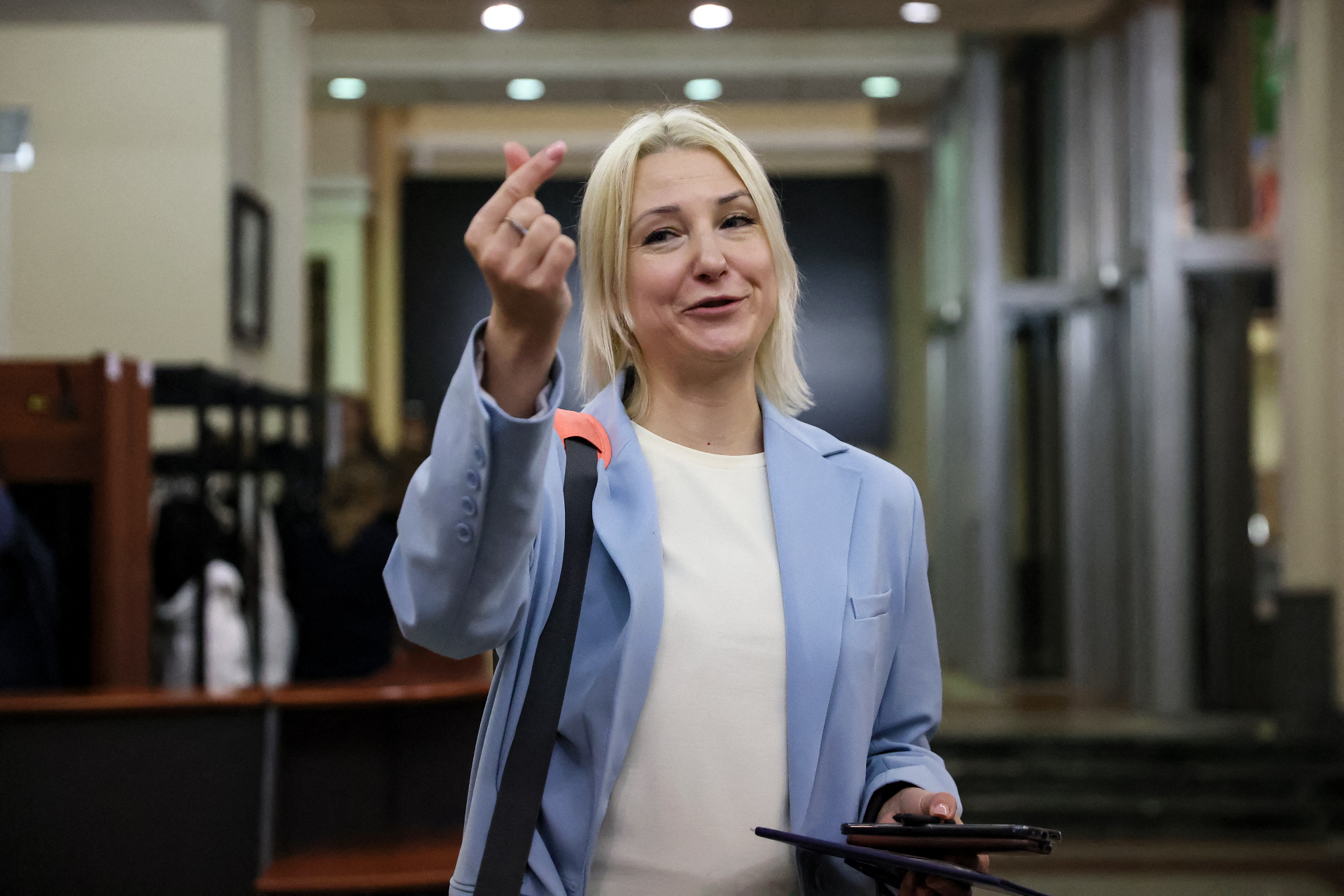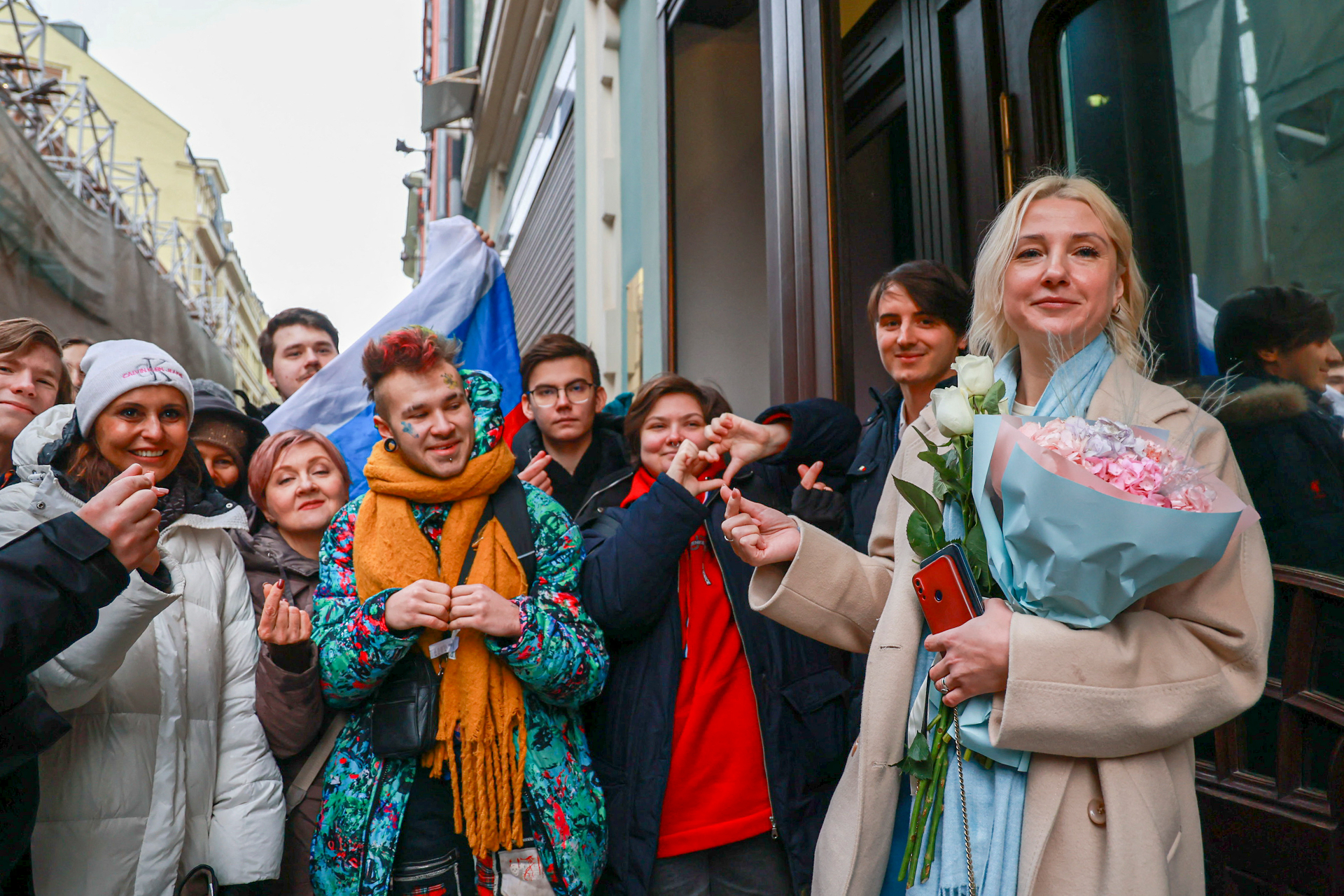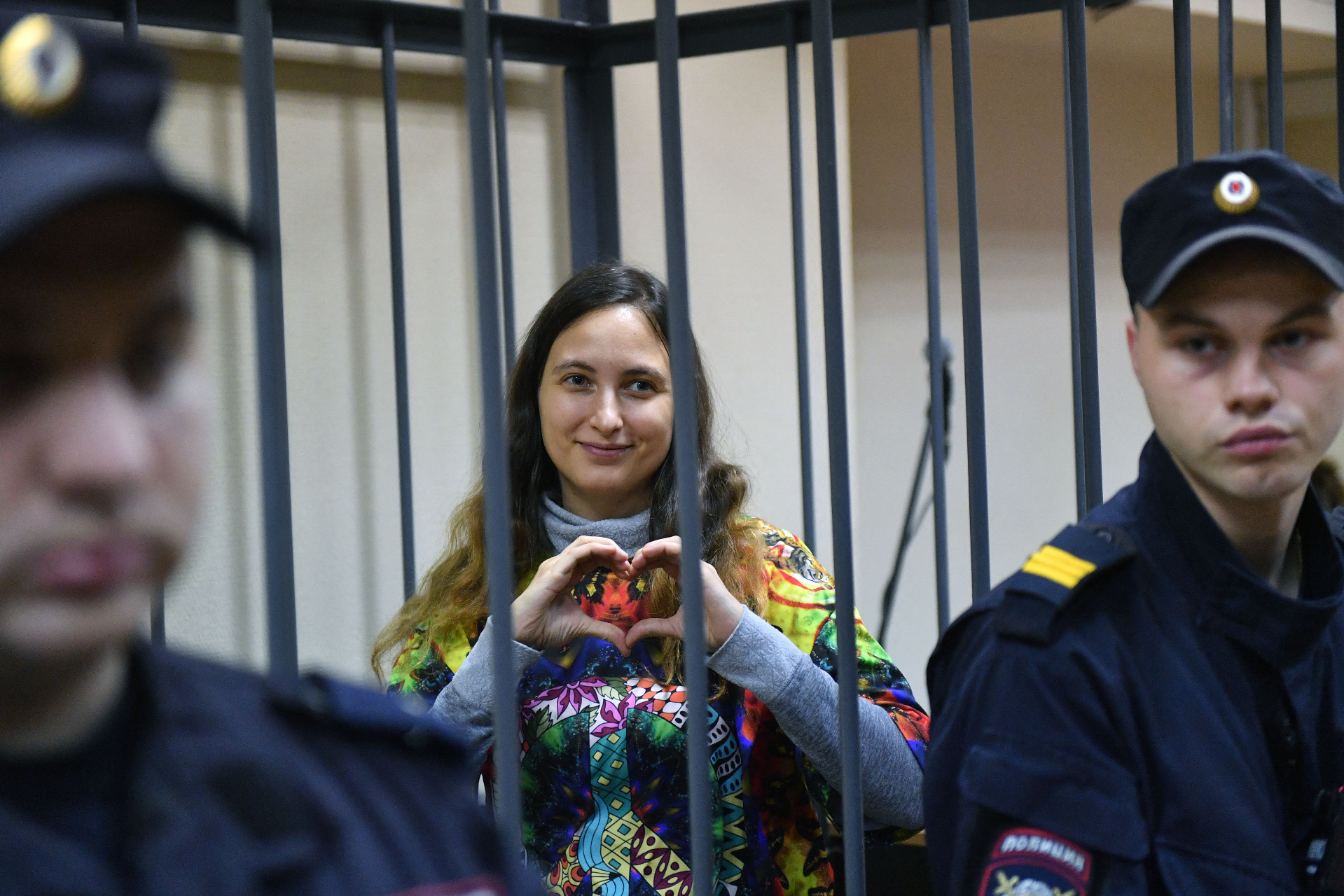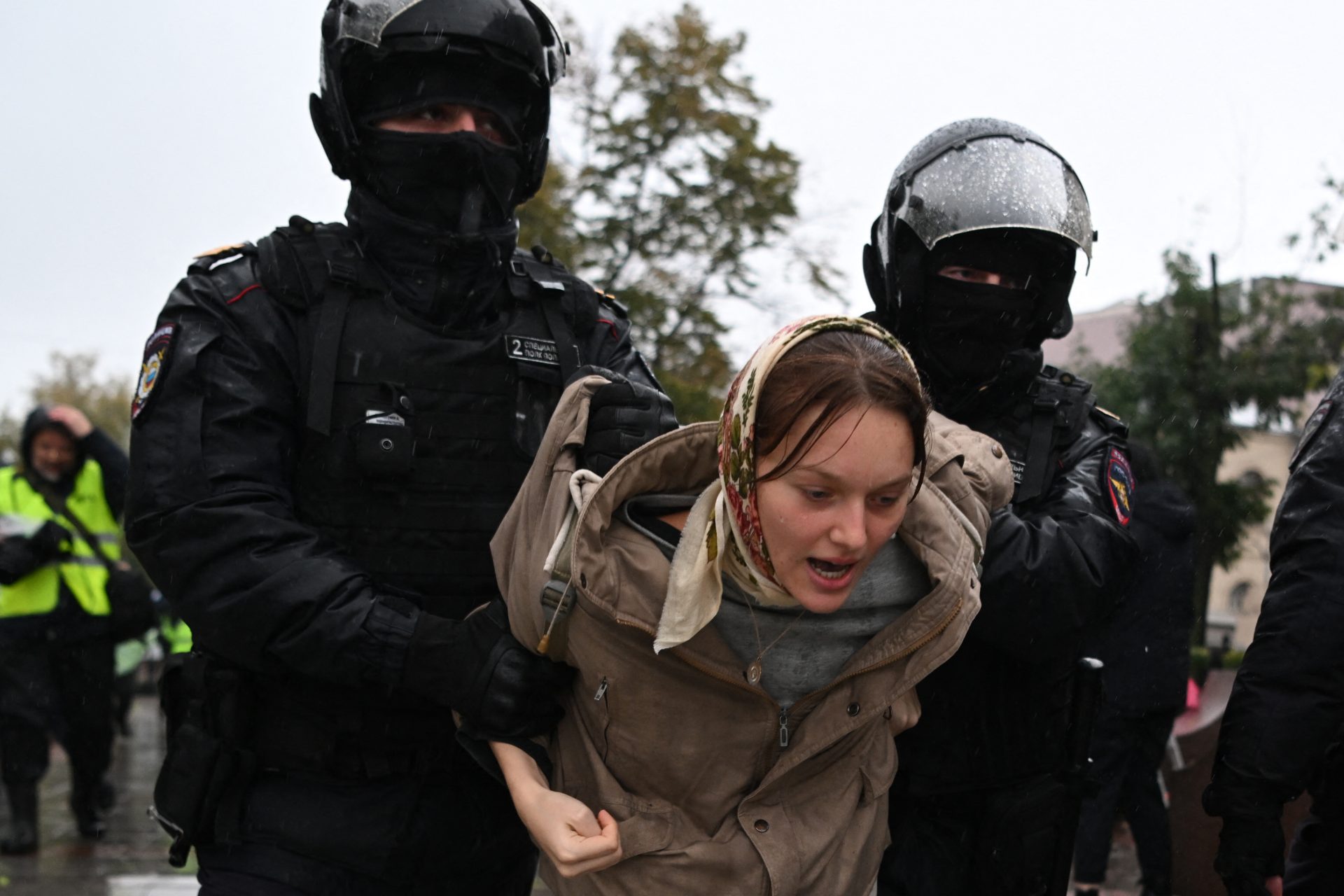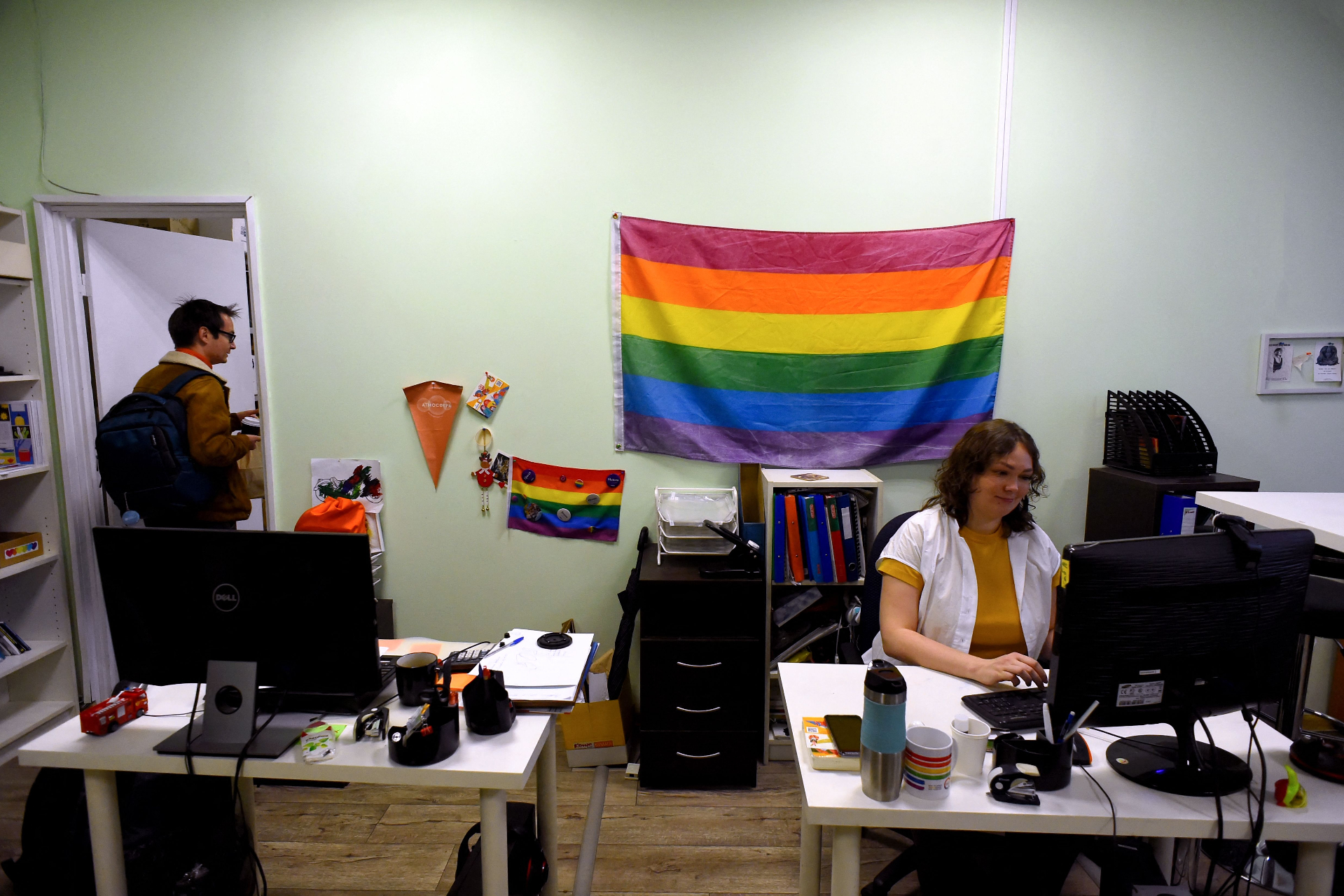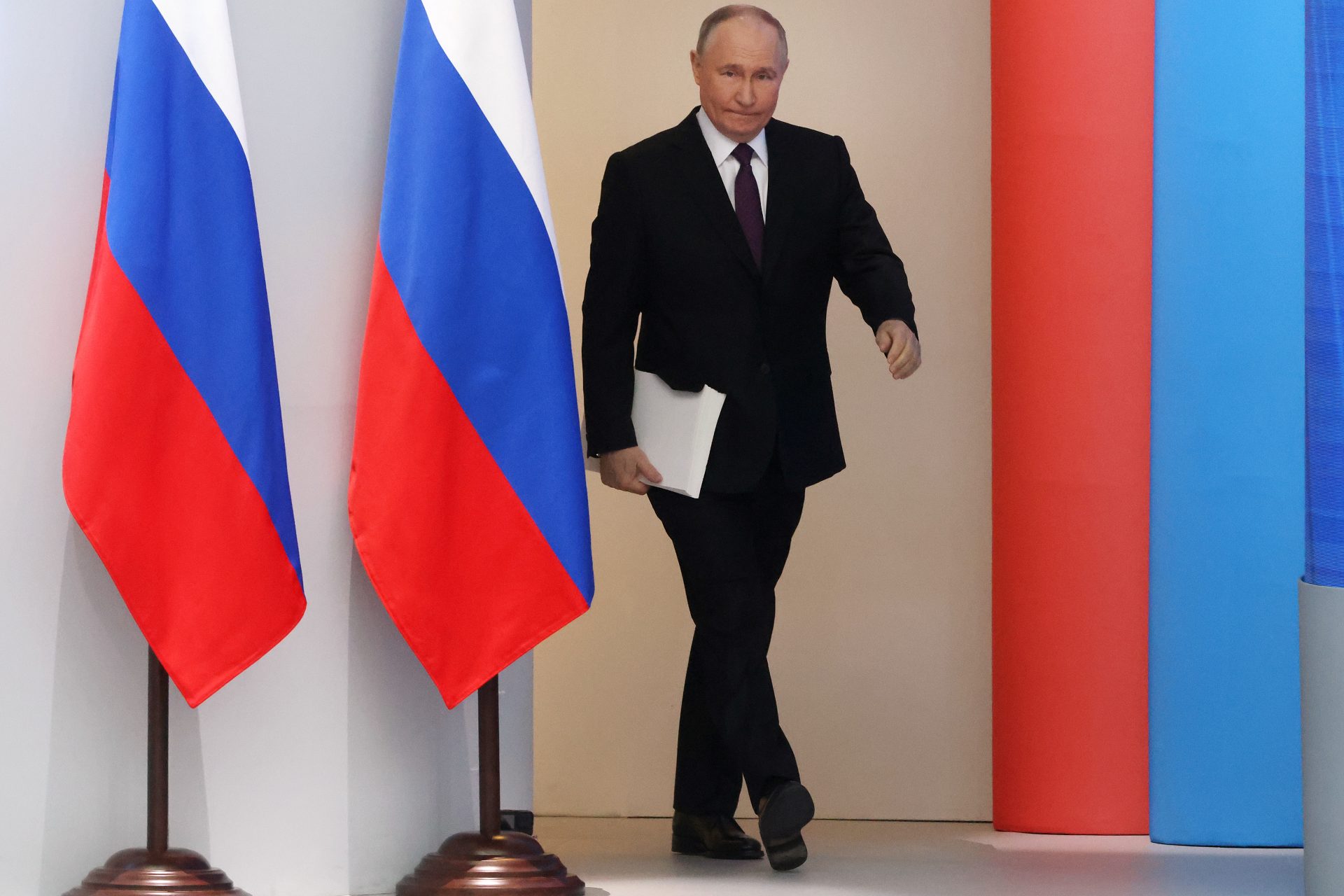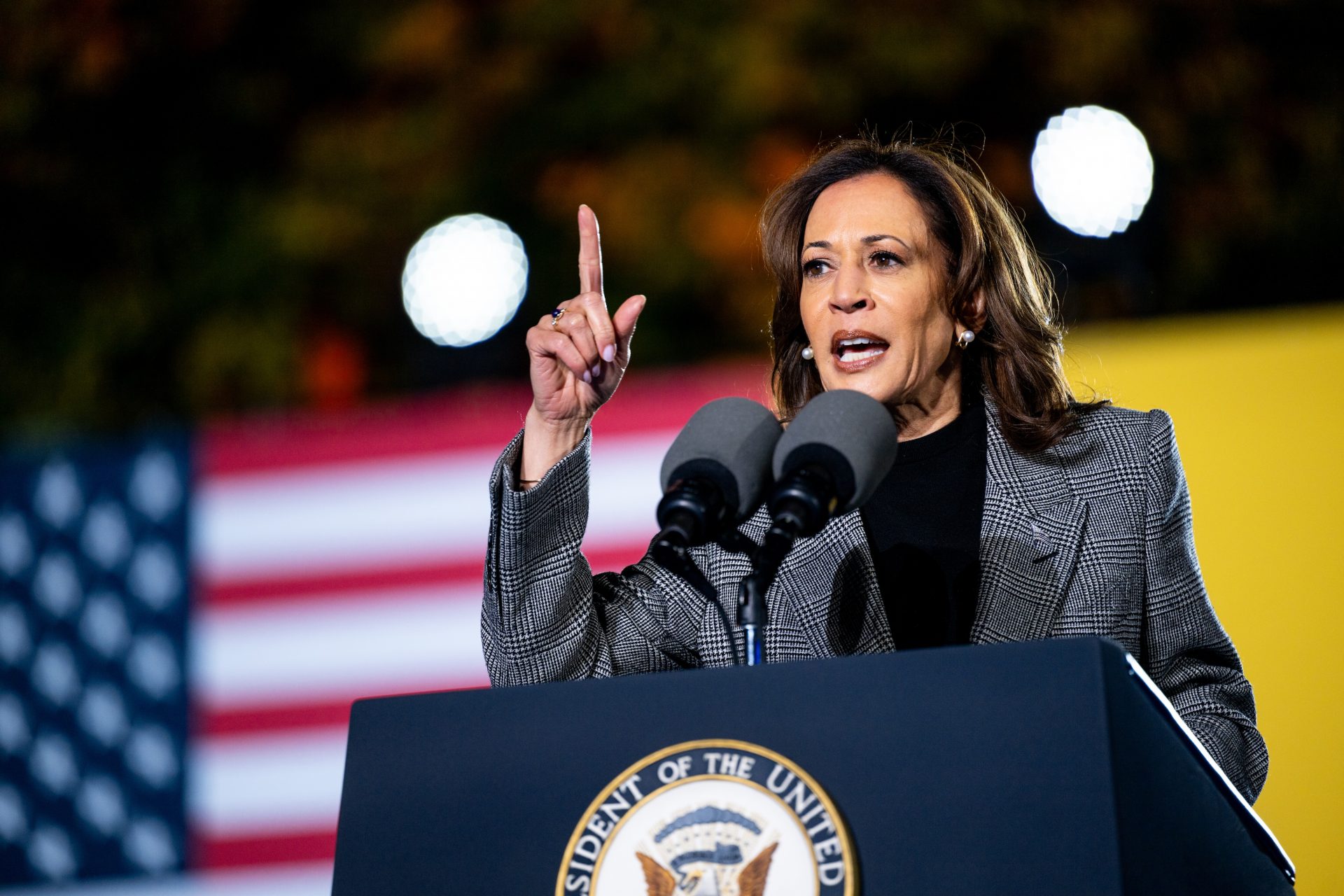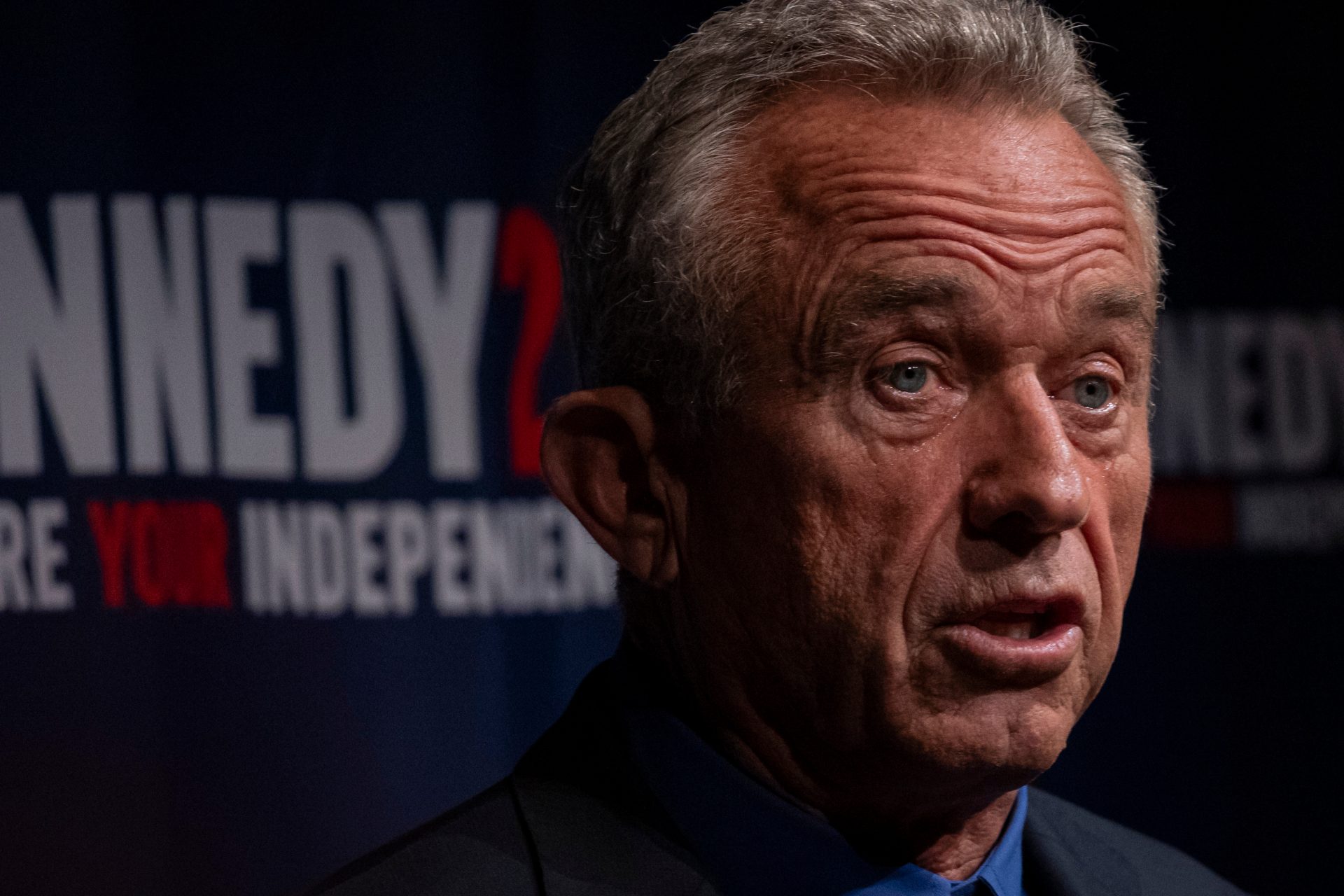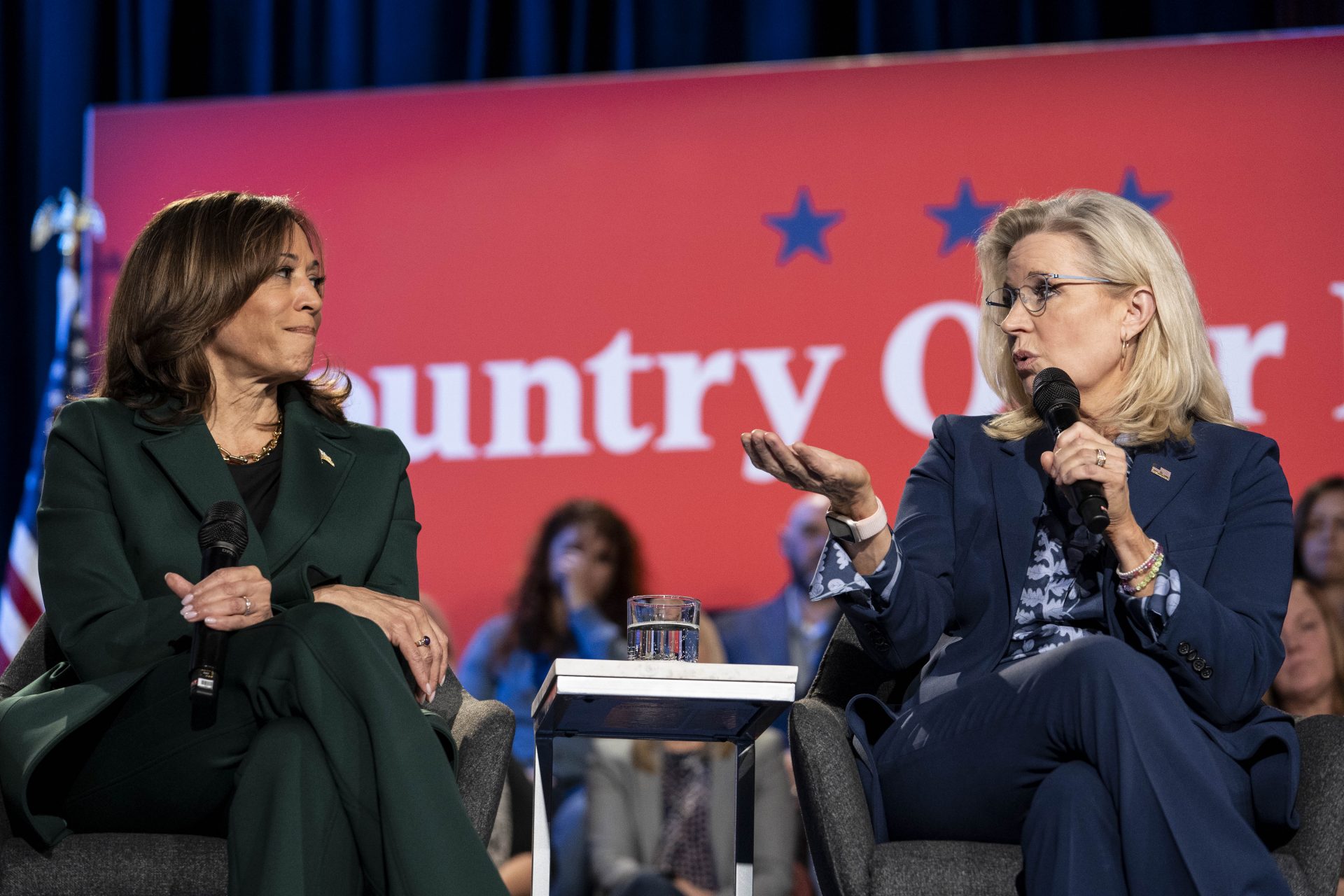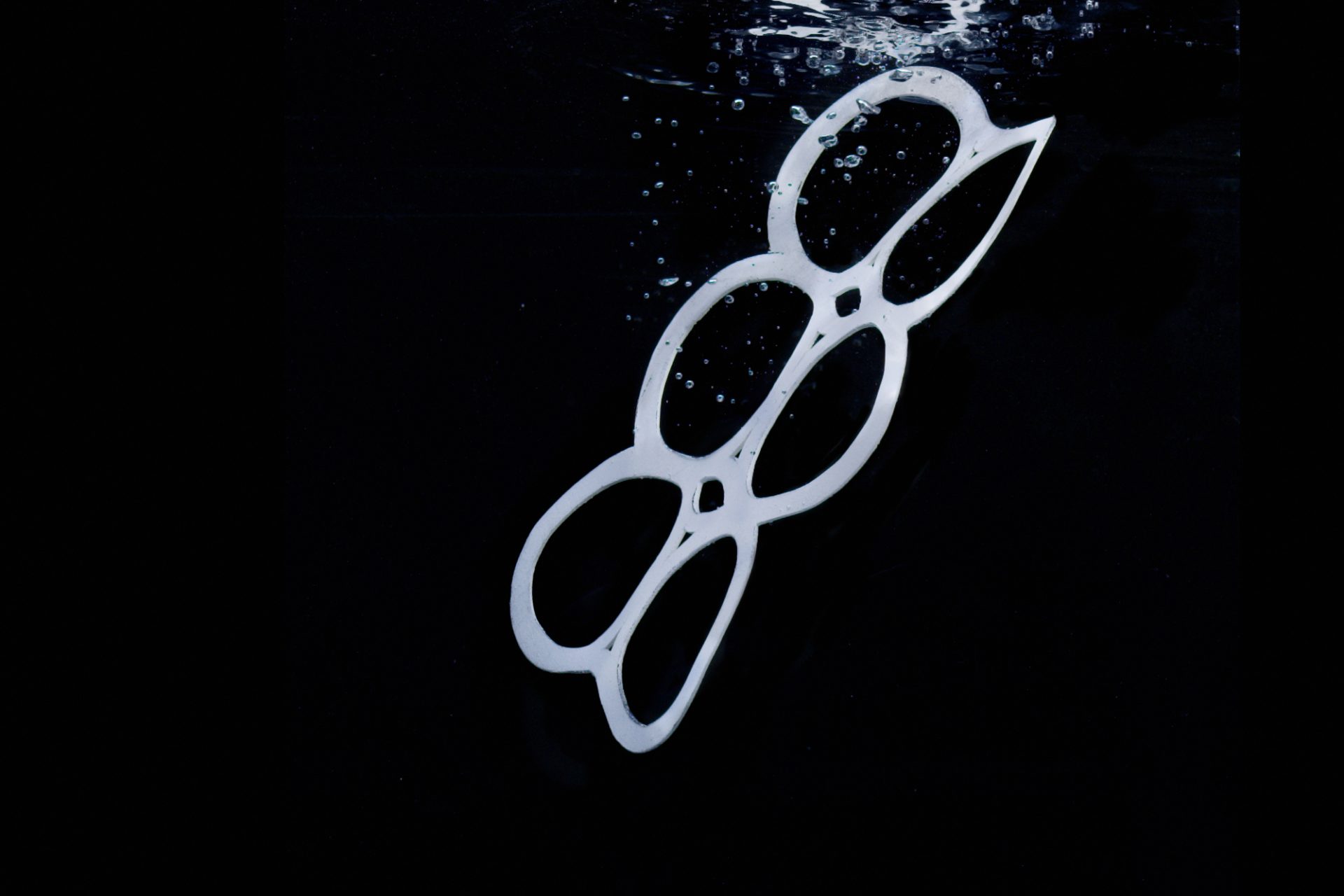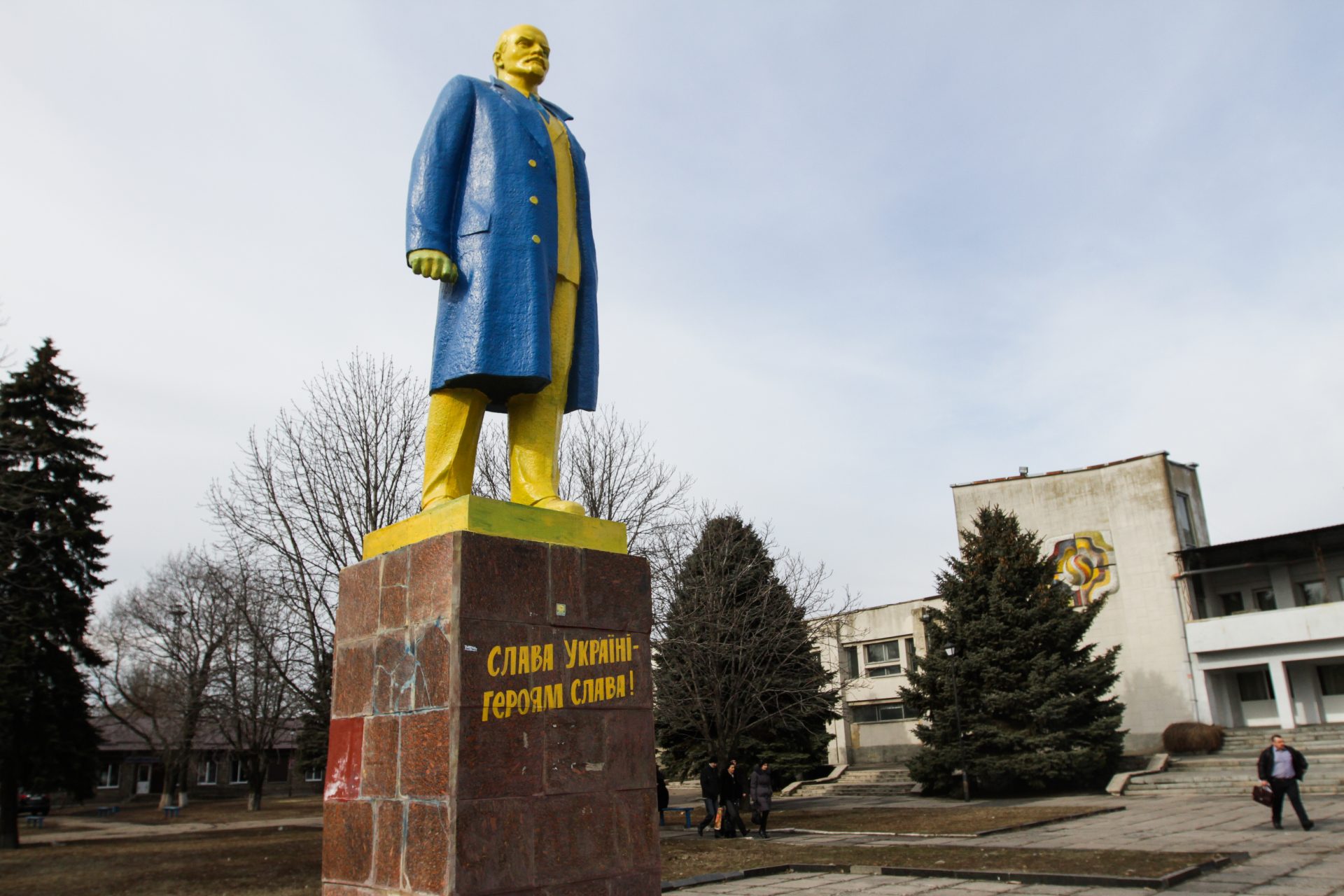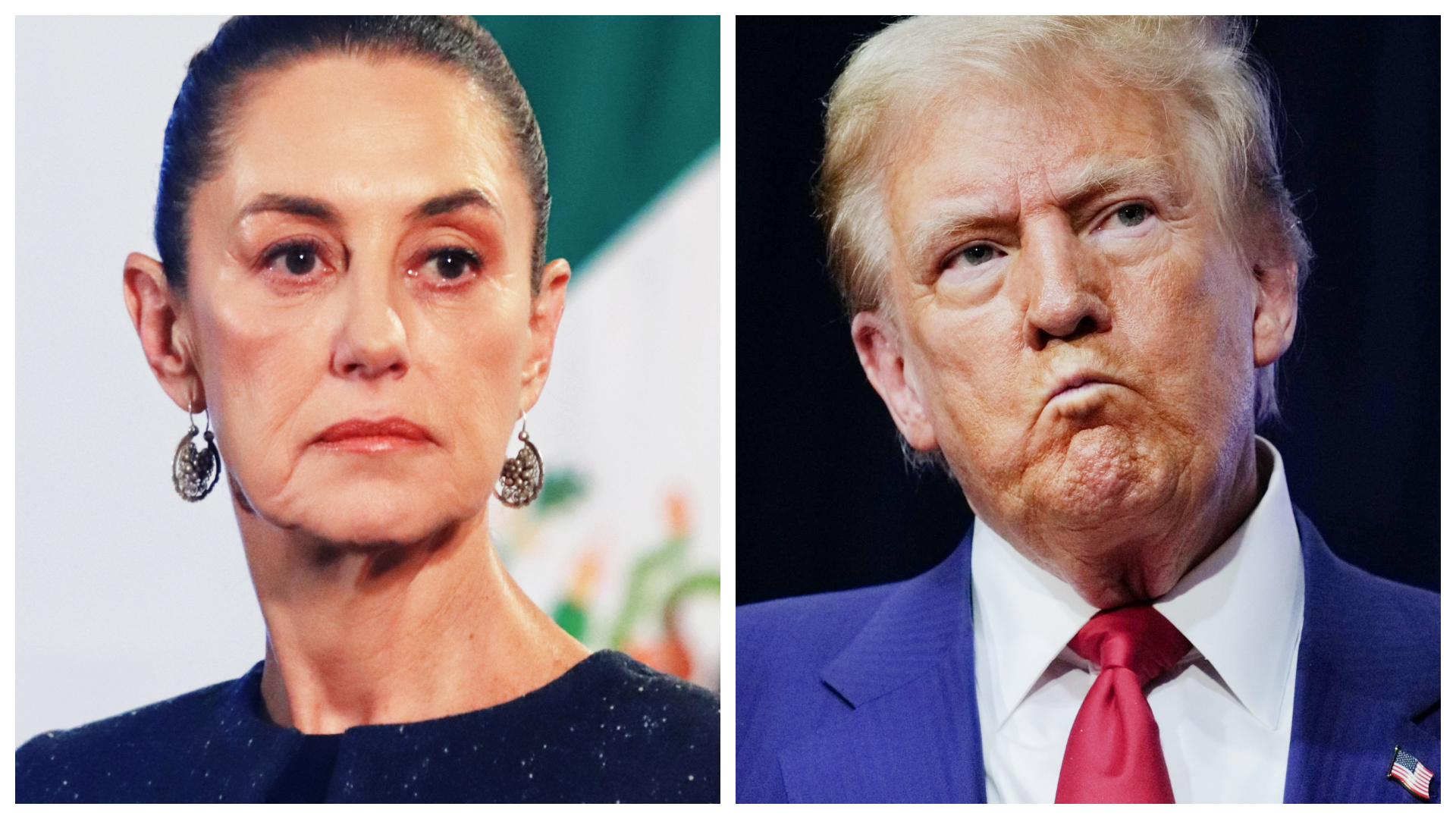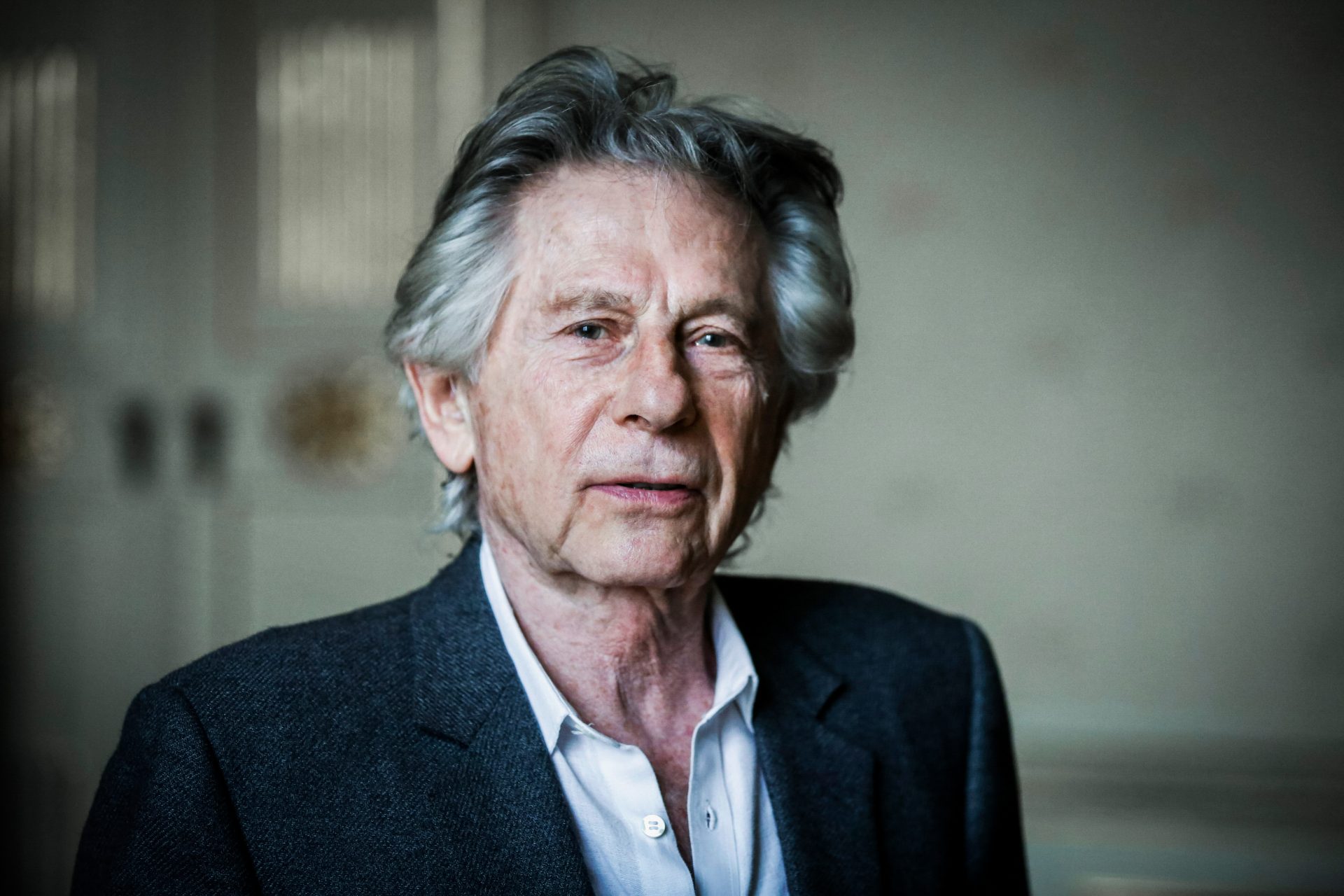Putin’s battle against the wives of soldiers who want the war to end
Over the summer the Kremlin labeled a woman organization advocating for the return of soldiers from the Ukraine war as ‘foreign agents.’ Wives and family members of soldiers are behind the group.
According to The Moscow Times, the Way Home (Put’ Domoi in Russian) group has organized women-led protests in the capital city. The Justice Ministry also specifically cited the group’s leader, Maria Andreyeva.
Way Home presents a fundamental opposition to Putin’s campaign in Ukraine, which has cost these women their husbands, brothers, and sons. According to a BBC assessment, more than 70,000 people fighting in Russia’s military have died.
Dissenting voices have been growing in and outside Russian borders for years, especially after Putin's incursion in Ukraine. However, women have become particularly potent voices against it.
According to Politico, which made a list of the women confronting Putin, the gender diversification of the opposition is surprising in a country that holds patriarchal and military values to a high standard.
Another perfect example of that shift is Yulia Navalnaya. The wife of the late opposition leader Alexey Navalny decided to continue her husband's work after his passing.
Navalnaya went from presenting herself as a wife and homemaker with no interest in politics to stepping into the shoes of the most visible face of Putin's opposition.
The magazine said her transformation is not an isolated event. Months before, Yekaterina Dutsova, a 40-year-old single mother from Siberia, launched her presidential candidacy.
"Somebody had to," Duntsova told Politico, as most of the veteran opposition was in exile or prison. The Russian election commission blocked her candidacy, but she is launching a new political party.
Her platform, based on ending the war in Ukraine, is also one of the most significant drivers of the growth in the number of women opposing Putin, with feminist groups and soldier's families commanding the voices.
Alexandra Skochilenko belongs to a feminist group that opposes the war. The activist was sentenced to seven years in prison for replacing supermarket price tags with anti-war messages.
Russian anti-war and feminism have grown but are far from becoming mainstream movements. According to Politico, it has been easy for the Kremlin to use sexism as a tool against high-profile female opposers.
Russian lawmakers have also toyed with the idea of declaring feminism as an "extremist ideology" in the same way they have done with the LGBTIQ+ community.
Putin has also named 2024 "the year of the family," and the state media presents the image of women who are as loyal to the Kremlin as they are to their husbands as an ideal.
More for you
Top Stories



